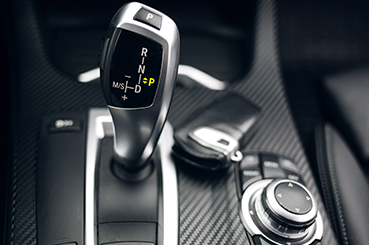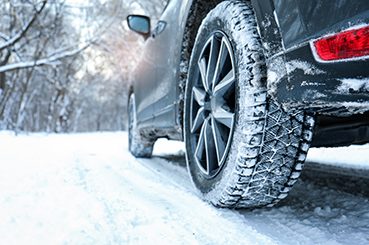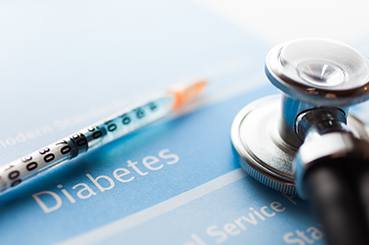You’ve probably noticed the ‘premium unleaded’ pump at the petrol station and dismissed it (“It’s Ferrari fuel, right?”).
Well, premium fuels are a lot more than just an extra 10p per litre, they actually have some real benefits for both petrol and diesel. We dive into the details to see if filling your tank is worth the extra cost.

Premium Petrol
Premium petrol is often branded with such impressive-sounding adjectives as ‘Power’, ‘Ultimate’, ‘Synergy‘ and ‘Momentum’. You’ll often find retailers advertising the fuel around the pumps, but it’s no great distraction from the price difference – so what are the actual benefits for your car?
Premium petrol is normally high-octane fuel compared to your typical standard selection; you’ll find the octane number on the pump handle. Octane is one of the chemical components within petrol, the amount of octane contained within the fuel will affect how well the petrol will work in higher compression engines. The standard rating for petrol in the UK is 95 octane, but this changes in other countries. For example, the standard rating in America is 87, this is why fuel prices are lower for ‘regular’ fuel on the other side of the pond.
Depending on the region of the car, manufacturers will tune the ECU to optimize an engine to run on a specific octane of fuel, so if you take your car abroad make sure you use at least 95 octane fuel. If you filled a car with petrol with a lower octane rating than the manufacturer-recommended minimum, you risk having causing engine ‘knocking’ – this is caused by the fuel/air mixture not burning properly inside the engine.
Back in the UK, some high-performance sports cars might suffer by using 95 octane; this is because they are tuned to use premium fuels as the have higher-compression engines that run with a higher fuel/air mixture. The octane rating your car needs to run at its best is often stickered inside the petrol cap or owner’s manual.
Should you choose premium petrol?
If you have a regular car newer than 10 years old with mileage below 80,000, chances are there would be little benefit. However, if your car is outside the parameters, or has been feeling a little sluggish recently, you can try filling your next tank up with high-octane fuel to see if you notice any change. Retailers boast their premium fuel has additives to clean the whole fuel system of your car; this might be especially effective on carbon deposits inside the combustion chamber.
If you own a sportier model such as an Alfa Romeo Giulia Quadrifoglio or a Hyundai i30 N, filling up with a higher octane premium unleaded will tend to increase throttle response and reduce engine friction.
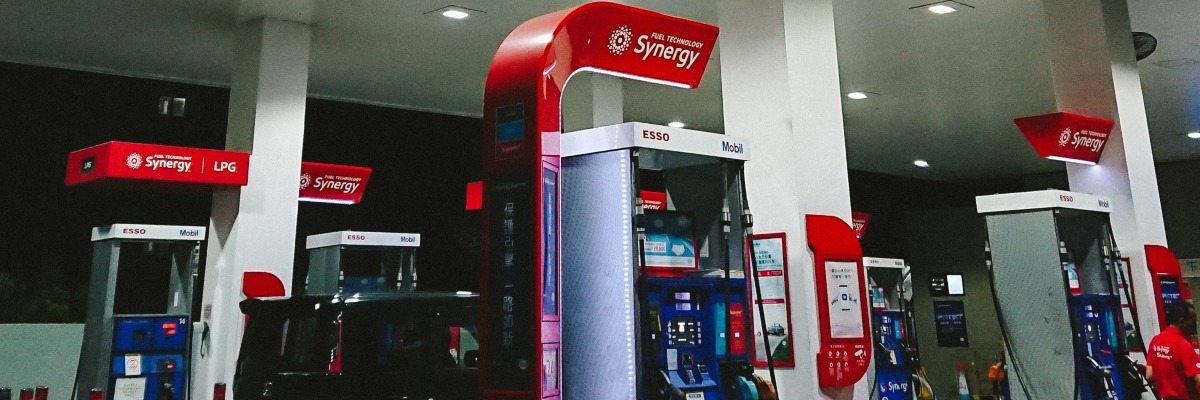
Premium Diesel
Don’t mind splashing out the cash? Regularly filling your car with premium fuel will help prolong the life of the engine’s key components by reducing friction and keeping intake valves clean. In addition, you’ll find some specific machinery requires something a little extra; the unique way a rotary engine operates, for example, sees owners of a car like the Mazda RX-8 recommend exclusive use of premium fuel and premix some oil into the tank to keep things nicely lubricated.
Unlike petrol, diesel engines will not have any measurable benefit by using a higher octane fuel, so instead, premium diesel features cleaning chemicals within the mixture to clean sooty deposits and oil build-ups inside the engine.
Premium diesel can be especially effective on old, less well-maintained ‘oil burners’ that might have a bigger-than-average carbon build-up. Using a premium diesel will flush through the car’s fuel system and engine to remove the likes of soot, oil or carbon build-up.
Should you choose premium diesel?
If you’ve just driven away in a brand-new diesel car, using premium fuel will not achieve anything as all the engine components are already clean and running smoothly. However, if you do high mileage in your diesel, it might be worth filling a tank with premium fuel once every six months. This will flush through the fuel system and help clean any build-up.
Have you just bought a second-hand diesel car? If you fancy giving the fuel system a good clean, you should use premium diesel the next time you fill up. But it’s certainly not worth the extra money to fill with premium diesel every time.
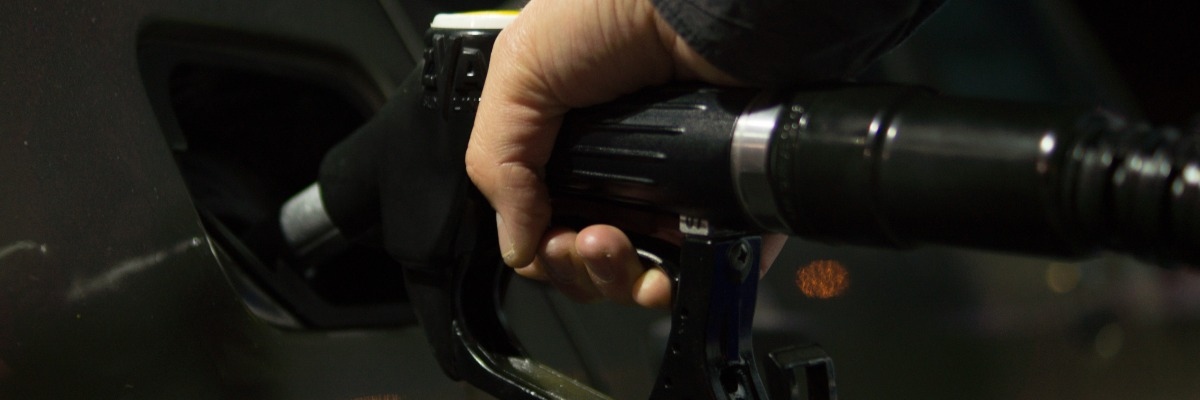
Fuel Additives
Often seen in petrol stations, the little bottles of fuel cleaner boast to have loads of benefits for your car, from increased fuel economy to reduced emissions. Available for both petrol and diesel engines, the fuel system cleaners will remove any deposits in the fuel lines and injectors, helping to increase horsepower and efficiency – however, this is only noticeable on old cars where they have been running on standard fuel for years.
Similar fuel additives are often added to premium petrol and diesel, so simply filling up with a tank of premium fuel will achieve very similar results.
Often, the additives are recommended for every fill of the tank, but once the components are clean, another bottle of additive would not be needed for at least a few months.









